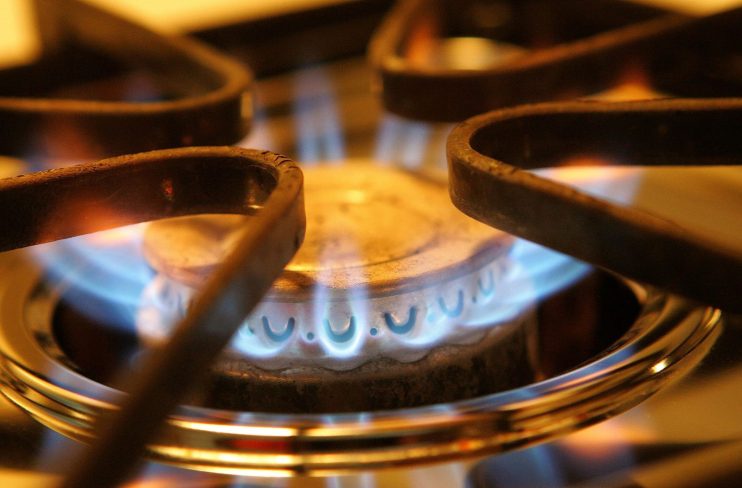Ofgem: Energy price cap to rise by £21 to £1,738 a year on average

The UK’s energy price cap is set to rise by £21 for an average household, taking a standard yearly bill to £1,738, Ofgem has said.
The energy regulator opted to announce a 1.2 per cent hike in the cap for the period January to March 2025 – or £1.75 a month, on average.
It sets a maximum rate per unit of energy and standing charge that customers can be billed for their energy consumption.
Compared to January to March 2024, the average yearly energy bill is now 10 per cent – or £190 – cheaper on average, and 57.2 per cent cheaper – £2,321 – than in the energy crisis.
Tim Jarvis, director general of markets at Ofgem, said: “While today’s change means the cap has remained relatively stable, we understand that the cost of energy remains a challenge for too many households.
“However, with more tariffs coming into the market, there are ways for customers to bring their bill down so please shop around and look at all the options.”
Energy deals
Ofgem analysis found some 1.5m households switched tariff in the past three months, and the regulator is urging customers to look for the best deal, with up to £140 savings available.
Suppliers had a call with Ofgem in August on offering more choice with low and no-standing charge tariffs. There are currently eight deals at least 10 per cent lower than the price cap.
But these come with a higher unit rate versus a lower standing charge, which could benefit customers with a lower energy usage.
Ofgem is also telling customers they could save £100 by switching from standard credit payments to Direct Debit or smart prepayment meter (PPM).
Jarvis added: “Our reliance on volatile international markets – which are affected by factors such as events in Russia and the Middle East – means the cost of energy will continue to fluctuate.
“So it’s more important than ever to stay focused on building a renewable, home-grown energy system to bring costs down and give households stability.
“In the short term though, anyone struggling with bills should speak to their supplier to make sure they’re getting the help they need and look around to make sure they’re on the best, most affordable deal for them.”
‘Clean energy mission’
Energy secretary Ed Miliband said the rise would “concern” families “struggling with the cost of living” and pledged the “government will do all we can to help people”.
He stressed ministers were “taking action to insulate homes, providing the warm home discount to three million families, driving increased take up of pension credit, and working with suppliers to ensure there is help available for the most vulnerable customers”.
And he added: “As long as Britain remains exposed to the rollercoaster of global fossil fuel markets, we will be vulnerable to energy price rises over which we have no control.
“The government’s clean energy mission is the only way to take back control of our energy, with cheaper and more secure power, out of the grip of dictators like Putin.”
While Simon Virley, head of energy at KPMG UK, said: “With most households remaining on default tariffs, news that there will be another rise in the energy price cap just as temperatures dropped significantly, will be unwelcome for many families as they turn their heating up and continue to struggle with the cost of living.
“A lot of the arguments put forward for the transition to clean power have been around the potential positive impact it will have on bills.
“While there is good evidence bills will be lower and less volatile in the longer term, there may well be pushback if people feel the transition to clean energy is costing them more in the near term – as we have seen in other countries.
“To avoid this, there needs to be a comprehensive policy response on affordability and bills, alongside policies to accelerate the transition to green energy.”
